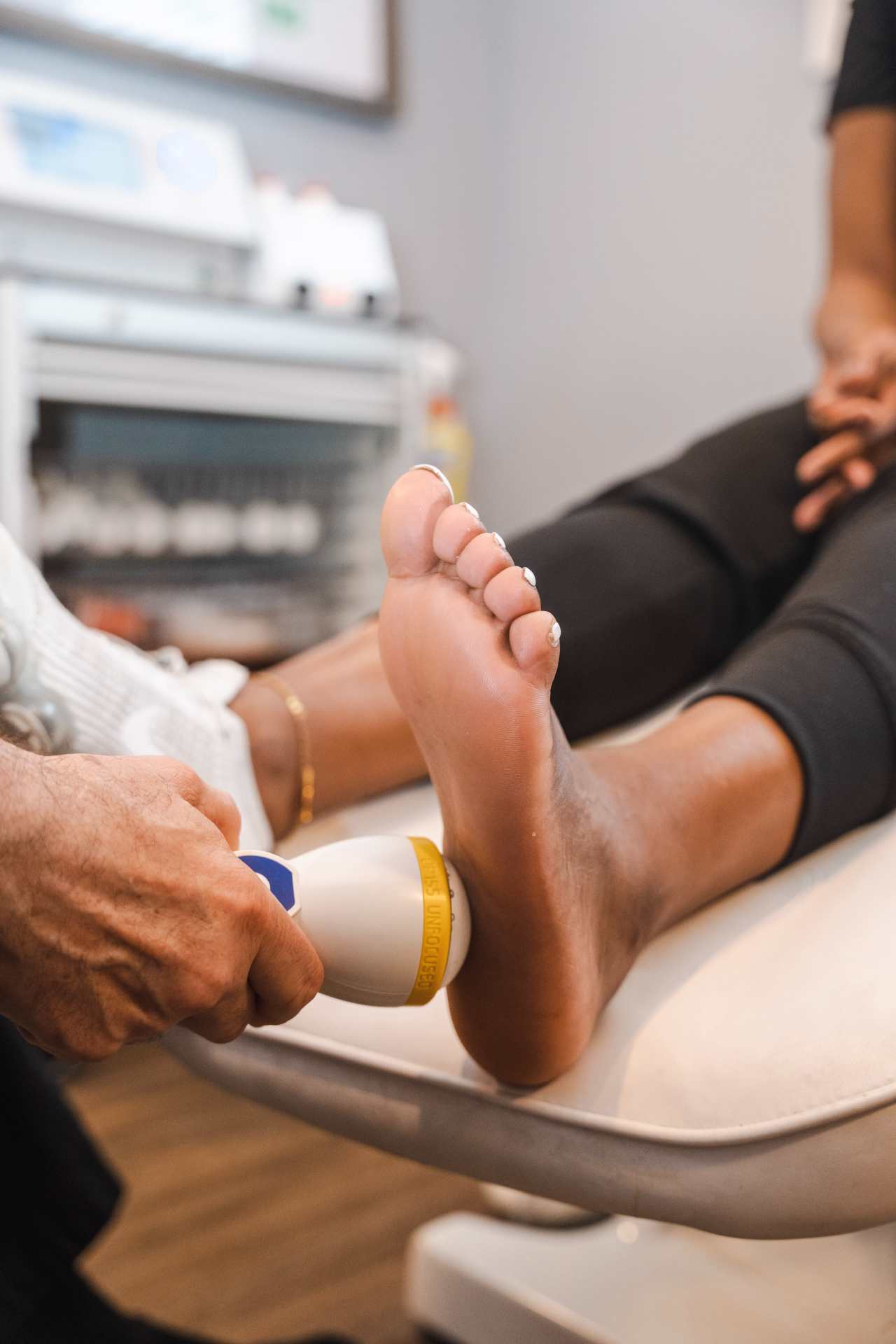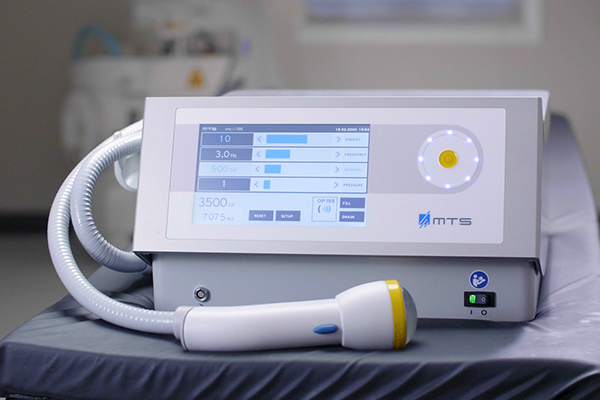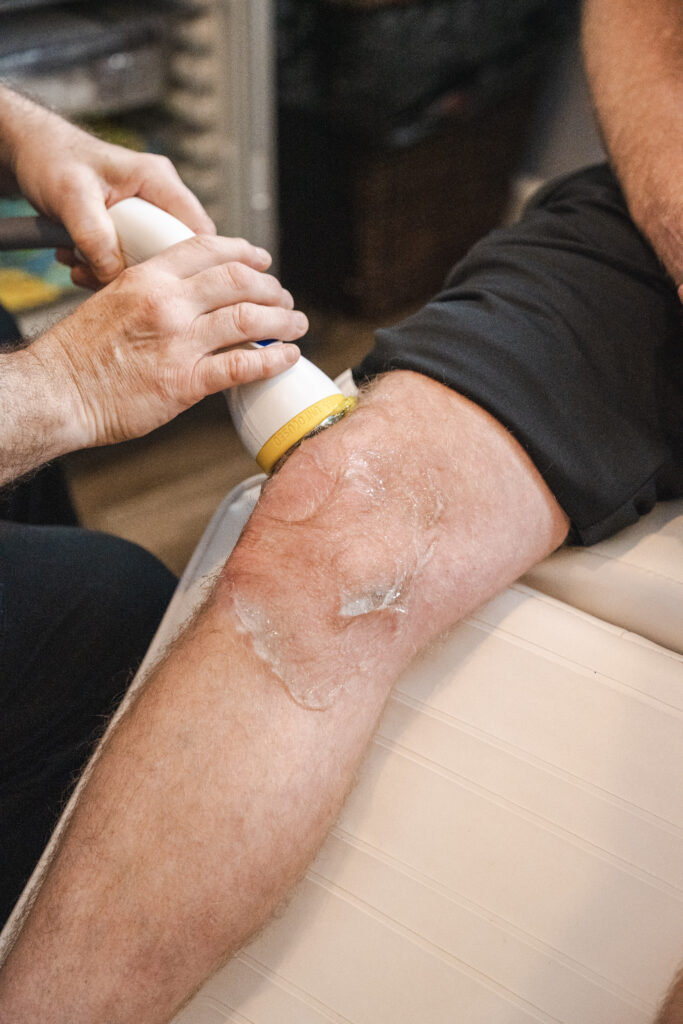The good news is there are ways to manage plantar fasciitis and Achilles tendonitis and reclaim an active life. Here’s a breakdown of common treatment options:
Self-Care
This forms the foundation of treatment and can be highly effective. It includes:
- Rest: Reducing activities that aggravate pain allows for healing. However, complete immobilization is not recommended.
- Ice Therapy: Applying ice packs to the affected area for 15-20 minutes at a time can reduce inflammation and pain.Stretching and Strengthening Exercises: Gentle stretching of calf muscles and the plantar fascia, along with strengthening exercises as pain improves, helps improve flexibility and support the foot.
Supportive Footwear
Choosing shoes with good arch support and adequate cushioning helps distribute weight evenly and reduce stress on the plantar fascia and Achilles tendon.
Physical Therapy: A physical therapist can assess your specific condition and create a personalized exercise program to improve flexibility, strengthen muscles, and improve movement mechanics. This targeted approach can significantly reduce pain and improve function.
Medications
Over-the-counter pain relievers like ibuprofen or naproxen can help manage pain and inflammation. However, discuss long-term use with your doctor, as these medications can have side effects.
Corticosteroid Injections
Injections of corticosteroids directly into the inflamed area can provide targeted pain relief. However, these injections have potential side effects like weakening of the tendon or ligament, so discuss them thoroughly with your doctor and only consider them if other options haven’t been successful.
SoftWave Therapy
When traditional methods haven’t delivered lasting results, SoftWave therapy emerges as a non-invasive and drug-free approach with a growing body of research supporting its effectiveness. This therapy uses unfocused shockwaves to treat musculoskeletal conditions like plantar fasciitis and Achilles tendon pain, as well as wounds, neuropathy, and chronic pain. Unlike the temporary relief offered by medications or the potential side effects of injections, SoftWave therapy addresses the underlying causes of pain by promoting healing and tissue repair.
Read more about Non-Surgical Treatment Alternatives for Plantar Fasciitis
Importance of Proper Diagnosis
Though these differences provide a starting point, consulting a healthcare professional for a proper diagnosis is crucial. They can assess your foot, pain patterns, and medical history to determine the exact cause of your pain and recommend the most effective treatment plan.
The Best Shockwave Therapy for Achilles Tendon Pain and Plantar Fasciitis
Are you looking for safe, reliable, and effective relief from plantar fasciitis and Achilles tendon pain?
SoftWave therapy is FDA-cleared, patented, and nationally recognized for its leading tissue regeneration technology. Unlike other types of high-energy shockwave treatments, SoftWave is the only shockwave therapy on the market that uses true unfocused shock waves that treat larger and deeper areas of tissue.
Thousands of patients have experienced the benefits of SoftWave for plantar fasciitis and Achilles tendon pain, including:
- Little to no side effects
- Short treatment time
- Quick recovery
- Long-lasting results
Find a SoftWave Therapy provider near you or learn more about SoftWave and whether or not you’re eligible for full treatment today!






